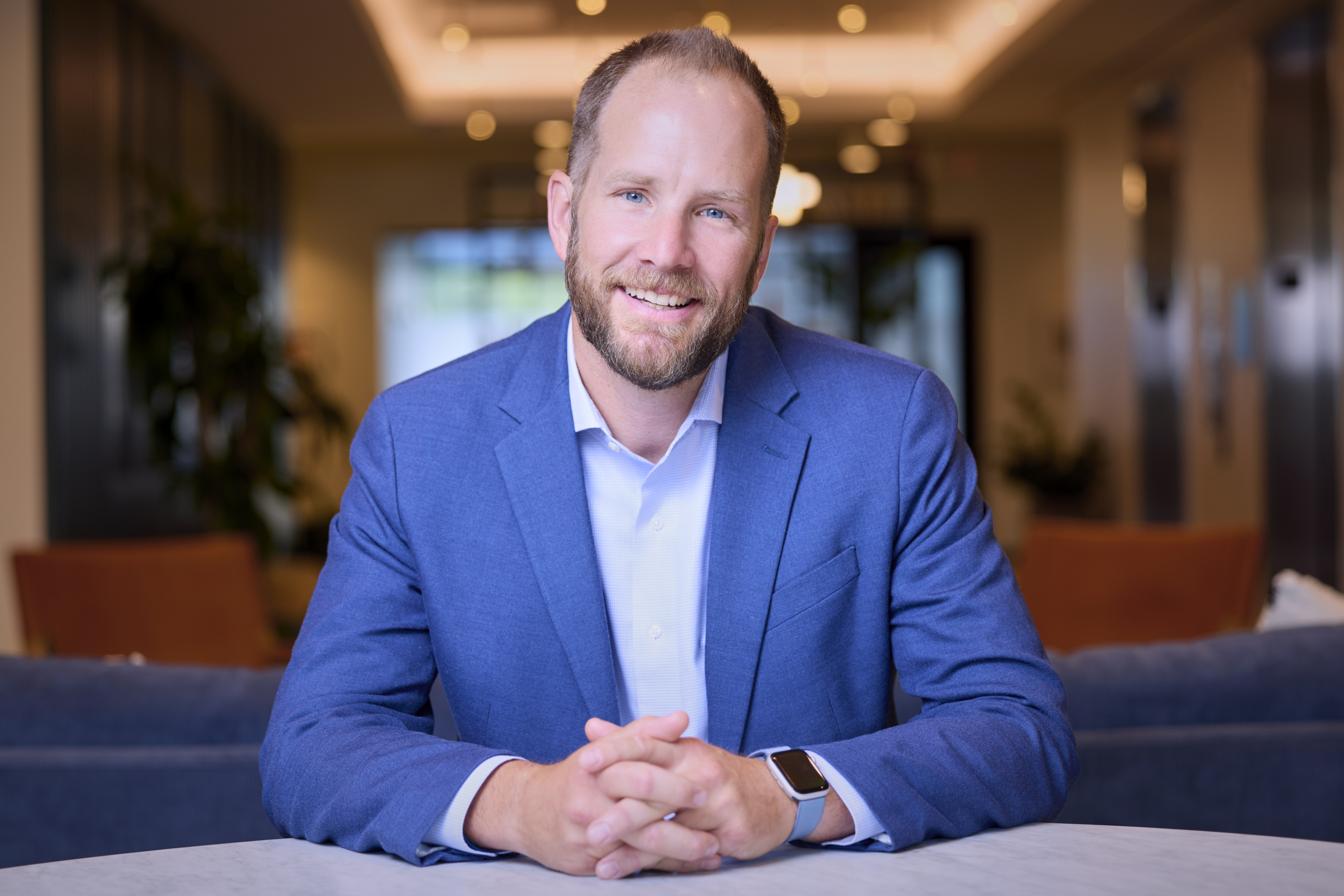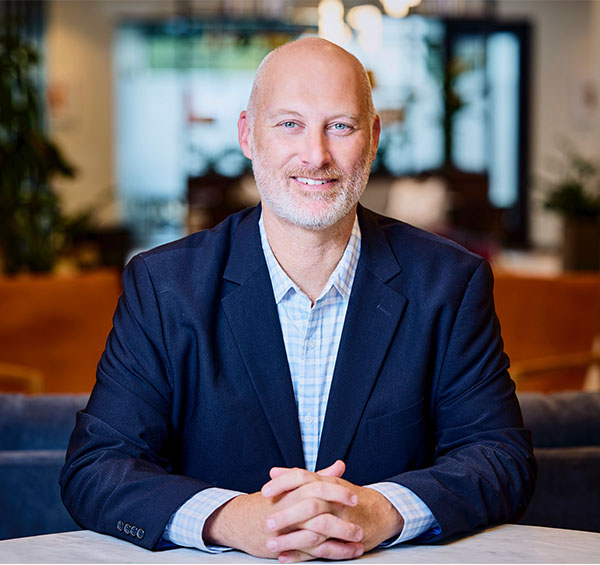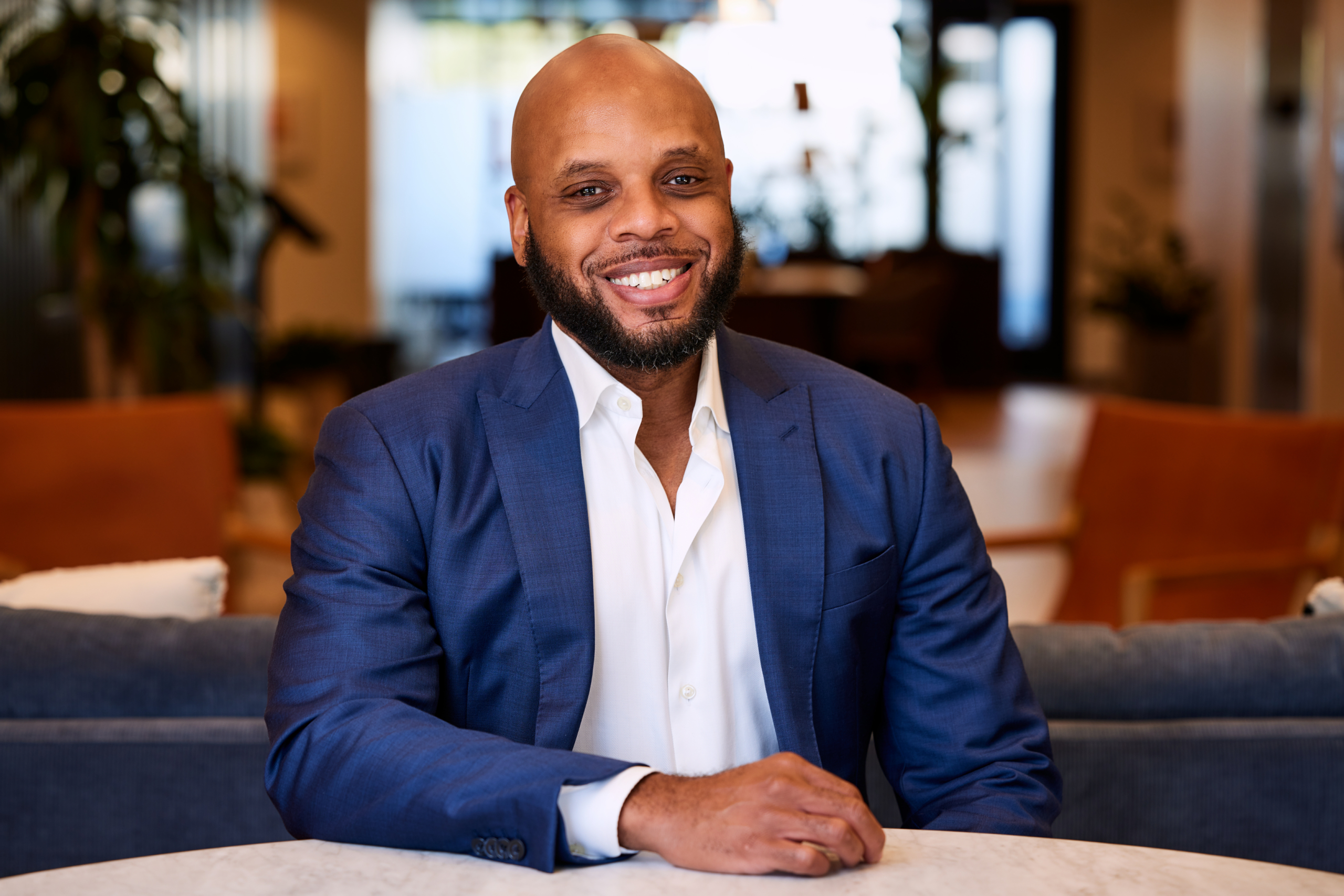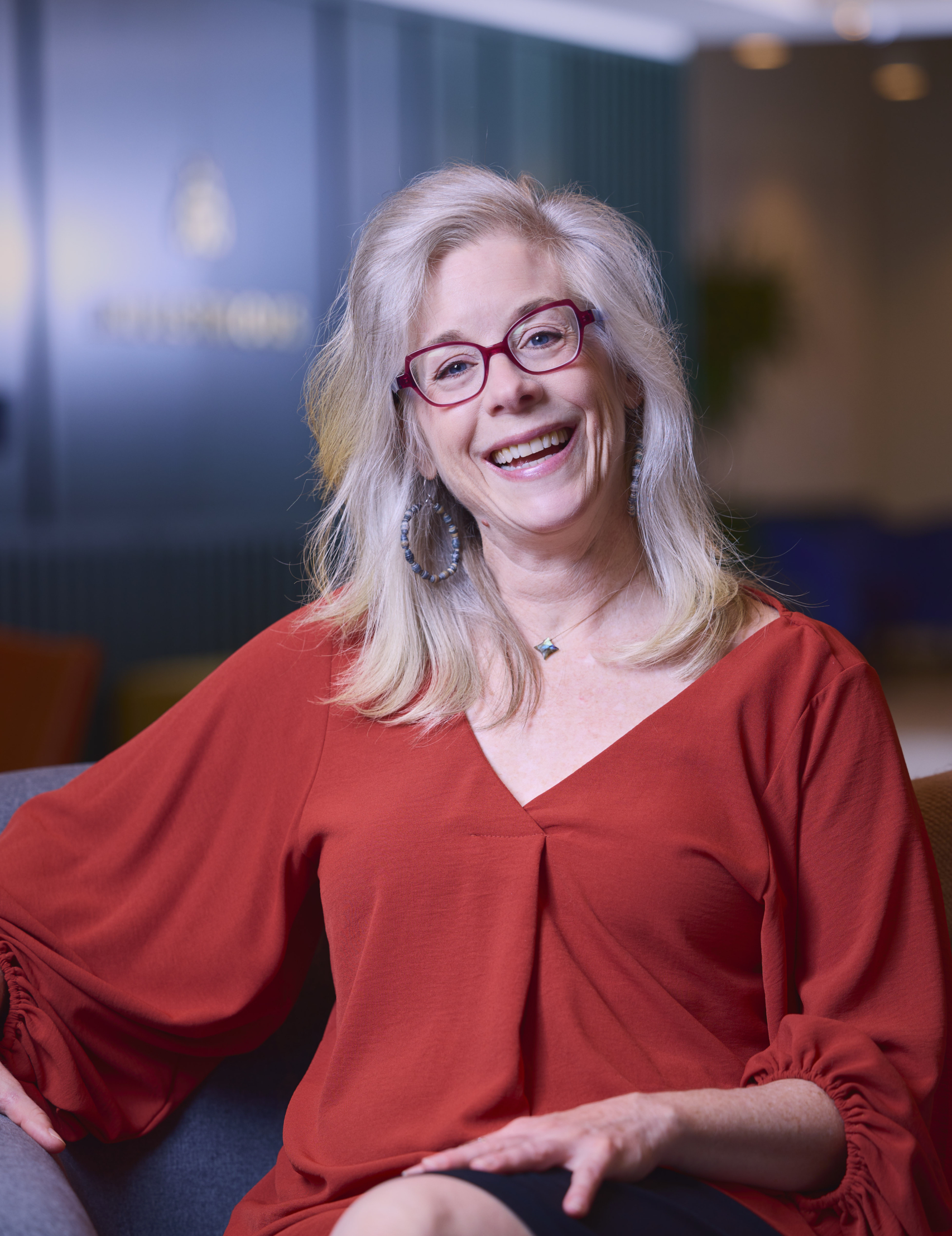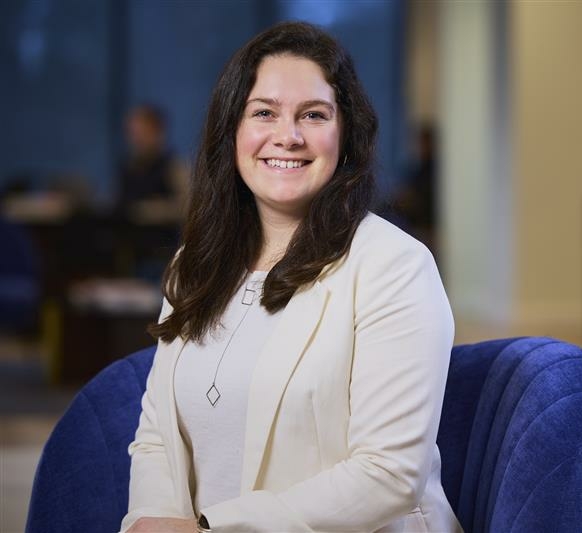Our Mission
We serve North Carolina’s colleges and universities by significantly expanding access to higher education and increasing the attainment of high-quality credentials. We aim to benefit residents and employers in the state by bridging the gap between the skills required for a nationally competitive business climate and the current education opportunities available. By doing so, we will provide individuals with the tools and knowledge they need to succeed in the workforce, ultimately contributing to the economic growth and development of North Carolina.
Our Vision
Why Do We Exist?
We exist to make North Carolina a top state in which to work and live, its people more knowledgeable, and its culture richer.
What Do We Do?
We partner with the UNC System to produce a diverse, globally competitive workforce, foster scholarly research, and facilitate entrepreneurship.
How Do We Do That?
We maintain North Carolina’s competitive edge by aligning education and workforce development systems through our people, process, and technology. Our goal is to ensure that education is accessible to all, achieved through our relentless innovation to boost the attainment of high-quality and in-demand credentials.
“It’s our moral obligation to reach more adult learners with four-year options that are of a higher quality and more affordable.”
The UNC System
The University of North Carolina (UNC) System is one of North Carolina’s greatest assets—a model for public higher education around the world. For over two centuries, it has made North Carolina’s economy stronger, its people more knowledgeable, and its culture richer.
Visit the UNC website to learn more about the UNC System, its mission, and its members—and for the answers to common questions.
Team and Culture
At Project Kitty Hawk, we value the amazing team members who make our vision a reality.
Our support for one another ensures that we are delivering the best product for working adults across the state of North Carolina.
